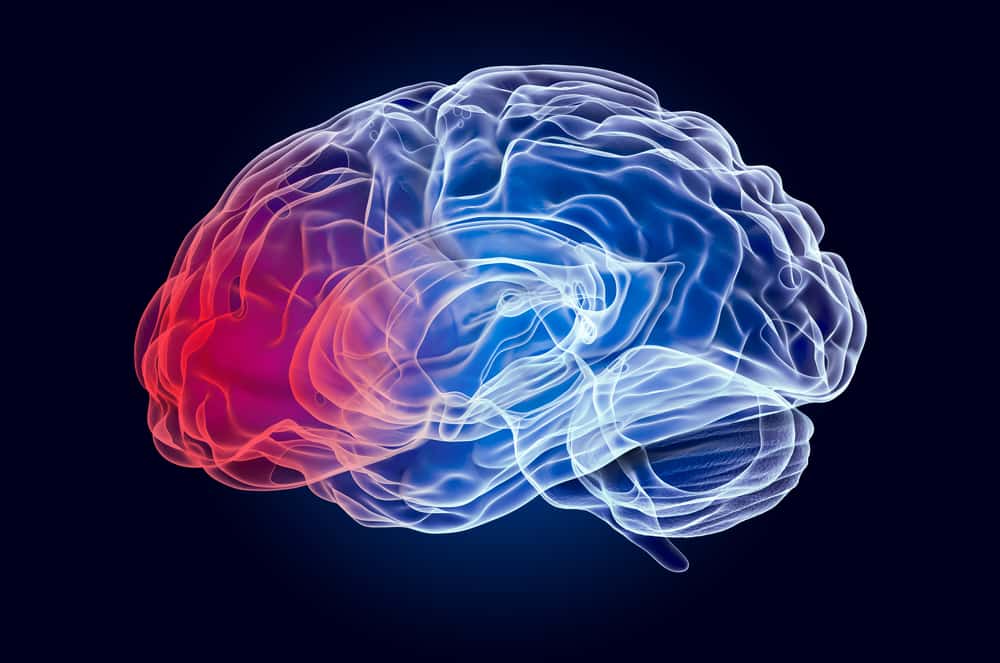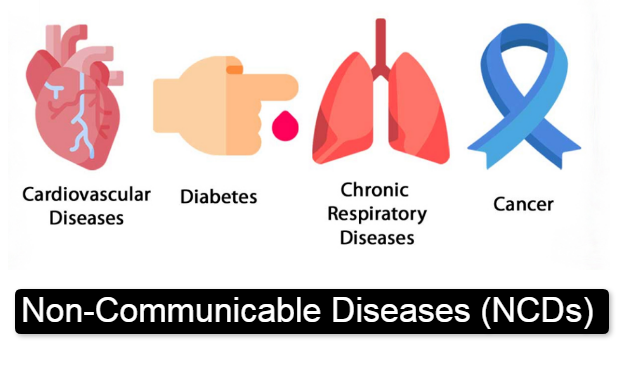
Alzheimer’s disease, a progressive neurodegenerative pathology, has been a difficult nut to crack for a long time. However recent innovations spearheaded by Professor Anirban Bhunia and his team from Bose Institute bring hope to the development of effective treatment. Asthma focused on amyloid proteins implicated in Alzheimer’s disease has winning approaches toward alleviating cognitive deterioration.
Role of Amyloid Proteins
Amyloid proteins are essential in the creation of Alzheimer’s disease. These proteins form large clusters or plaques in the brain that interfere with the work of neurons resulting in cell death. This leads to the dementia and amnesia that are associated with the disease all in a cycle manner.
Innovative Treatment Strategies
Professor Bhunia’s team employed two main approaches to tackle amyloid proteins:
-
Chemically Synthesized Peptides: The team created peptides that were expected to prevent the formation of amyloid beta, one of the main proteins that contribute to plaques.
-
Repurposing Lasunadya Ghrita (LG): An Ayurvedic preparation LG was investigated for its anti-amyloid activity in preventing the formation of amyloid beta fibrils. Used in traditional medicine to treat mental health disorders, it was observed to have a non-toxic natural cure.
Lasunadya Ghrita (LG)
LG is an herbal preparation made from natural ingredients that are safe in their nature according to Ayurveda medicine. A few investigations in the past few years showed that LG could inhibit amyloid fibrillation and inhibit oligomer formation, indicating that it is a drug candidate for Alzheimer’s disease.
Research Findings
In their study conducted in Biochemistry, the researchers observed that peptides fashioned through chemical synthesis could halt the formation of amyloid protein clusters. Encounters with Ayurvedic professionals overpowered that natural substances such as those in LG might better disintegrate amyloid beta than chemical peptides, providing the diagnosis care.
Presentation and Management of Alzheimer’s
Lack of memory and skill development are characteristic of Alzheimer’s disease. The first signs are forgetfulness, in particular, short-term memory loss. The patient may also look ill or sick, have problems with movements, be unable to perform everyday tasks, become irritable or depressed, and may not remember people close to him.
Preserved Skills
However, as cognition deteriorates, persons with Alzheimer’s disease maintain some abilities, known as “relative strengths” or “cognitive sparing.” Skills of reading, storytelling, singing, and crafting are usually governed by the areas of the brain that are not impaired by the disease.
Future Directions
The novel conclusions derived from this investigation may extend to the investigation of the Ayurvedic treatment approach as a potentially complementary approach to addressing neurodegenerative illnesses. It is in this regard that researchers are trying to extend the use of both traditional medicine and new scientific methods in a bid to enhance the quality of life of people who suffer from Alzheimer's and related ailments.
Conclusion
With the exit having been done on amyloid proteins and coming up with newer treatments like chemically synthesized peptides and Ayurvedic compound known as Lasunadya Ghrita, there is hope for combating Alzheimer’s disease anew. These developments provide additional possibilities for the treatment of neurological disorders creating a new ray of hope in the efficient dealing with these diseases.



 Maharashtra abolishes Three-Language Policy in Primary Education
Maharashtra abolishes Three-Language Policy in Primary Education Bihar Becomes First State to Use Mobile App for Voting
Bihar Becomes First State to Use Mobile App for Voting Digital Fossil-Mining Reveals the Ancient Origins of Squids
Digital Fossil-Mining Reveals the Ancient Origins of Squids Axiom-4 Mission Launch Postponed to June 11 Due to Weather Conditions
Axiom-4 Mission Launch Postponed to June 11 Due to Weather Conditions India's First Indigenous Polar Research Vessel: A Major Step in Polar and Ocean Research
India's First Indigenous Polar Research Vessel: A Major Step in Polar and Ocean Research Govt. to Bring New National Policy on Senior Citizens
Govt. to Bring New National Policy on Senior Citizens India has now become the fourth biggest economy globally and is set to pass Germany.
India has now become the fourth biggest economy globally and is set to pass Germany. Centre Launches Nationwide Drive to Make Educational Institutions Tobacco-Free
Centre Launches Nationwide Drive to Make Educational Institutions Tobacco-Free India Rolls Out Biometric E-Passports for Faster, Safer Travel
India Rolls Out Biometric E-Passports for Faster, Safer Travel Rising Burden of Non-Communicable Diseases (NCDs) in India
Rising Burden of Non-Communicable Diseases (NCDs) in India






